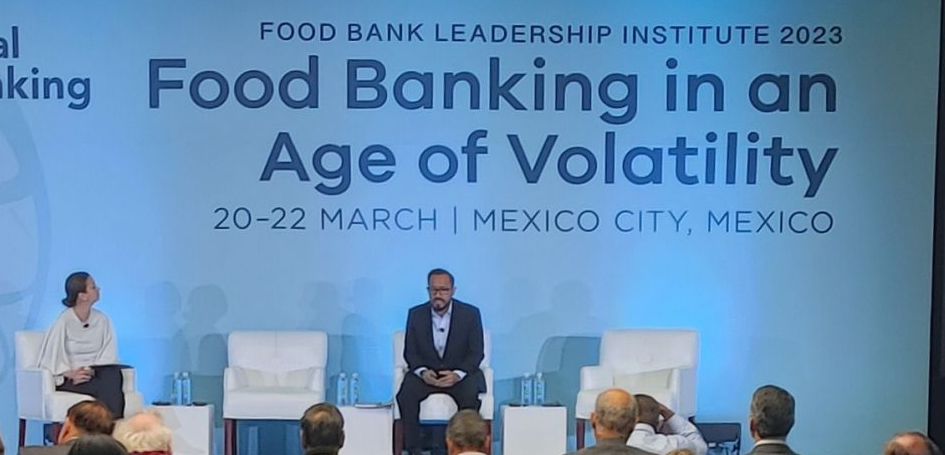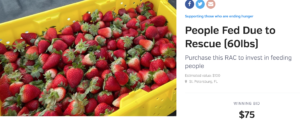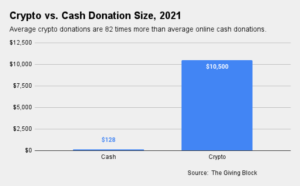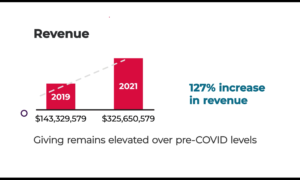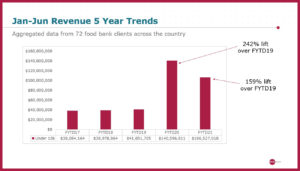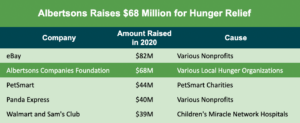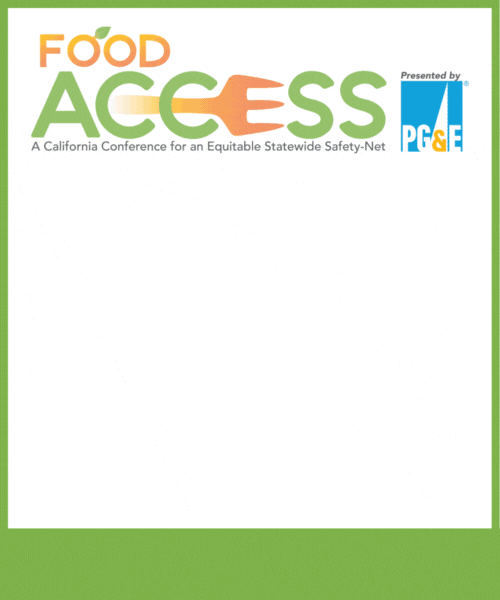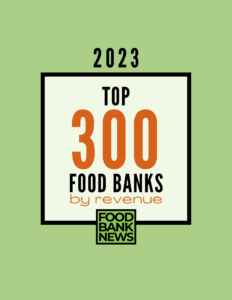MEXICO CITY – Carbon credits are coming to food banking.
The Mexican FoodBanking Network (BAMX) is a pioneer in this effort, becoming the first organization in the world to earn carbon credits for rescuing food. Working with Miami-based CoreZero, BAMX quantified the amount of carbon dioxide emissions saved from the atmosphere due to its work in food rescue and translated it into carbon credits. Now it’s on track to sell those credits to companies that want to reduce their own carbon footprint.
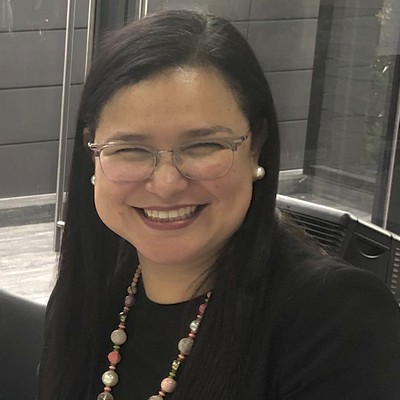
Monetization of food waste is the latest innovation in the rapidly growing voluntary carbon market. Worth about $2 billion in 2021, the voluntary carbon market (which differs from the much larger, mandated “compliance” carbon market), is expected to reach $10 billion to $40 billion of value by 2030, according to a Shell report co-authored by Boston Consulting Group.
For BAMX, getting to this point involved a long process of auditing all aspects of its operations and impact, said Maria Teresa Garcia Plata, Executive Director of BAMX. The process was “not easy,” she said during a presentation at the Global Foodbanking Network’s conference in Mexico City this week, but the food bank is “really excited” about the results.
For every ton of food that the food bank has rescued over the past year, it is receiving a carbon credit. BAMX has been active on the voluntary carbon credit market since January and expects its credits could fetch anywhere from $1.80 to $2 at the low end, and up to $5 to $6 when the social value of its credits are taken into account, said Garcia Plata in an interview.
According to Ivan Hernandez Villegas, Founder of Sajoma Climate Technical Consulting, who also spoke at the Global Foodbanking Network conference, carbon credit prices in the voluntary market currently range from $2 to $12 per ton, depending on the project. Carbon offsets from food recovery represent a certain degree of novelty, he said, giving them added value. “There’s always an appetite for social projects,” Villegas said. “Buyers want to hear the story behind the change they are producing.”

He acknowledged that getting into the carbon credit marketplace can be a complex, resource-intensive process for a food bank. As a first step, he advised gaining an understanding of how the carbon credit markets operate and how they relate to food bank operations. “At least start by estimating the potential,” he said. “If everyone is on the same page about how the instrument can be used and what is involved, then that’s a step forward.”
The carbon credit marketplace is not the only way to become active in carbon credits. London-based FareShare started tracking its carbon footprint as a way to reflect the social and environmental impact of its work, beyond just the operational metrics of pounds moved and organizations served, said Alyson Walsh, Commercial Director, who also spoke at the Global Foodbanking Network conference.
Working with a London-based outfit called The Carbon Trust, FareShare measured the amount of carbon used in its operations, including in its three warehouses, its trucks, freezers, refrigerators and so on, plus the carbon emissions of the food it distributes.
With all the information in hand, FareShare was able to conclude that for every ton of carbon emission it created, it prevented nine tons from being unnecessarily wasted, Walsh said. Now FareShare is looking to build a standard calculator that will help it keep tabs on its carbon emissions, and eventually hopes to share the calculator with its network partners.
Having a mechanism to track FareShare’s social and environmental impact “makes us a better partner for our food donors,” Walsh said. – Chris Costanzo
PHOTO, TOP: Ivan Hernandez Villegas of Sajoma Climate Technical Consulting, seated with Isabel Agudelo of Global Foodbanking Network, spoke about the intricacies of carbon credits for food rescue at Global Foodbanking Network’s conference in Mexico City.
Like what you’re reading?
Support Food Bank News
This article was made possible by the readers who support Food Bank News, a national, editorially independent, nonprofit media organization. Food Bank News is not funded by any government agencies, nor is it part of a larger association or corporation. Your support helps ensure our continued solutions-oriented coverage of best practices in hunger relief. Thank you!
Connect with Us:
